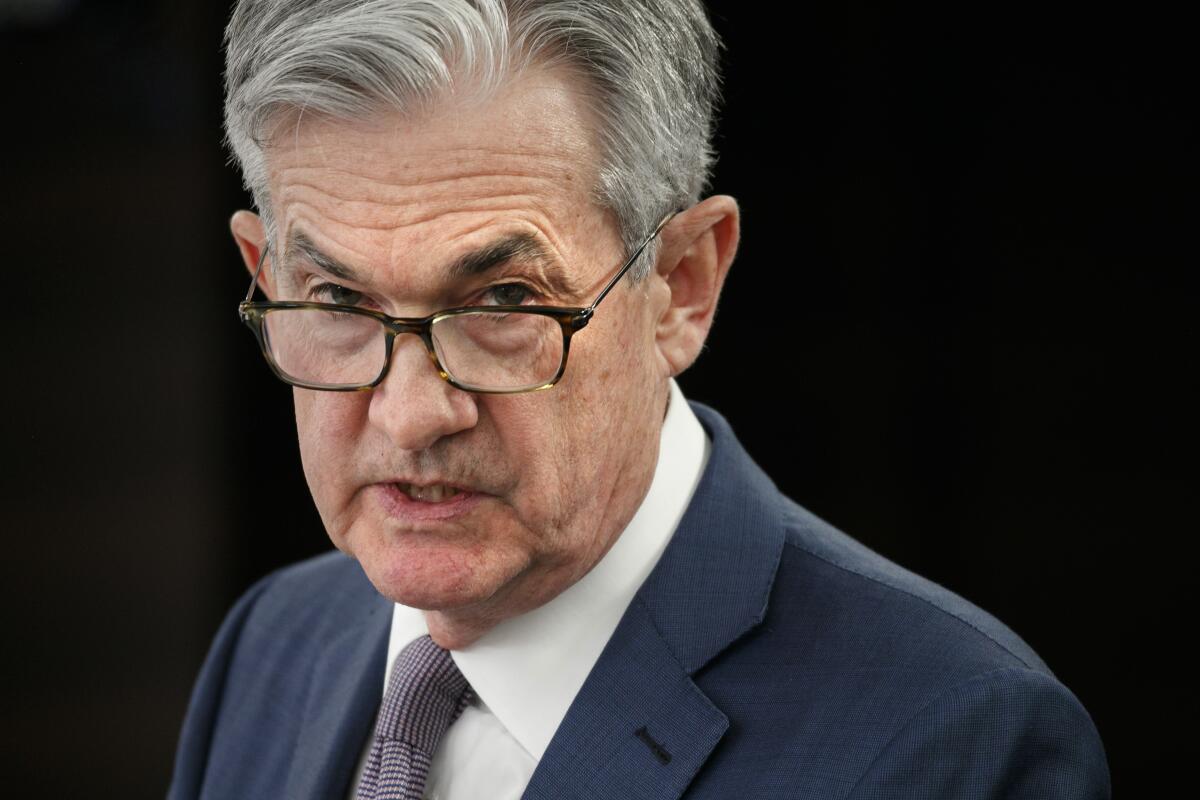Fed will buy short-term loans to try to ease flow of credit

In its latest emergency action, the Federal Reserve is establishing a lending facility to try to ease the flow of short-term credit to banks and businesses as the economy grinds to a halt from the viral outbreak.
The Fed announced Tuesday that it’s reviving a program it first used during the 2008 financial crisis to unclog a short-term lending market for what is known as commercial paper. Large businesses issue commercial paper, which are essentially IOUs, to raise cash to meet payrolls and cover other short-term costs.
“An improved commercial paper market will enhance the ability of businesses to maintain employment and investment as the nation deals with the coronavirus outbreak,” the Fed said in a statement.
Borrowing rates in the commercial paper market have been rising as more companies have sought to raise cash in the expectation that their revenue will plunge.
At the same time, money market funds, among the largest buyers of the short-term loans, are seeking to sell commercial paper themselves. They need to raise money because they expect large institutional investors to withdraw funds, and they need cash to cover those withdrawals.
All that activity has made it harder for banks and other companies to raise the cash they need.
“The goal is to prevent a larger catastrophe that includes soaring bankruptcies, unemployment and underemployment,” said Joe Brusuelas, chief economist at tax advisory firm RSM. “While we are encouraged by this policy step, the Treasury will need to step up with other funds and bridge loans” that can help companies with lower credit ratings. Only companies with top credit ratings are eligible to borrow from the Fed’s new facility.
In its announcement, the central bank said it set up the investment vehicle to buy commercial paper with the approval of the Treasury Department. The Treasury has also committed to guarantee up to $10 billion of the loans to prevent the Fed from taking losses. Companies that borrow through the facility will pay a small fee and interest.
“The economic disruption and uncertainty created by COVID-19 has created challenges for the commercial paper market, constraining access to short-term credit for American businesses,” Mnuchin said.
Tuesday’s Fed action comes after the central bank unleashed a massive program of stimulus Sunday, when it cut its benchmark short-term interest rate to near zero and said it would purchase $700 billion in bonds. The Fed also allowed banks to lend from cash reserves that it had previously required banks to hold.
Many analysts say they expect the Fed to revive other financial-crisis-era programs in the coming days, including one known as the term auction facility, or TAF. This facility allows a wider array of banks to borrow from the Fed and to pledge a range of collateral, such as corporate bonds, rather than just Treasury bills.
More to Read
Inside the business of entertainment
The Wide Shot brings you news, analysis and insights on everything from streaming wars to production — and what it all means for the future.
You may occasionally receive promotional content from the Los Angeles Times.










